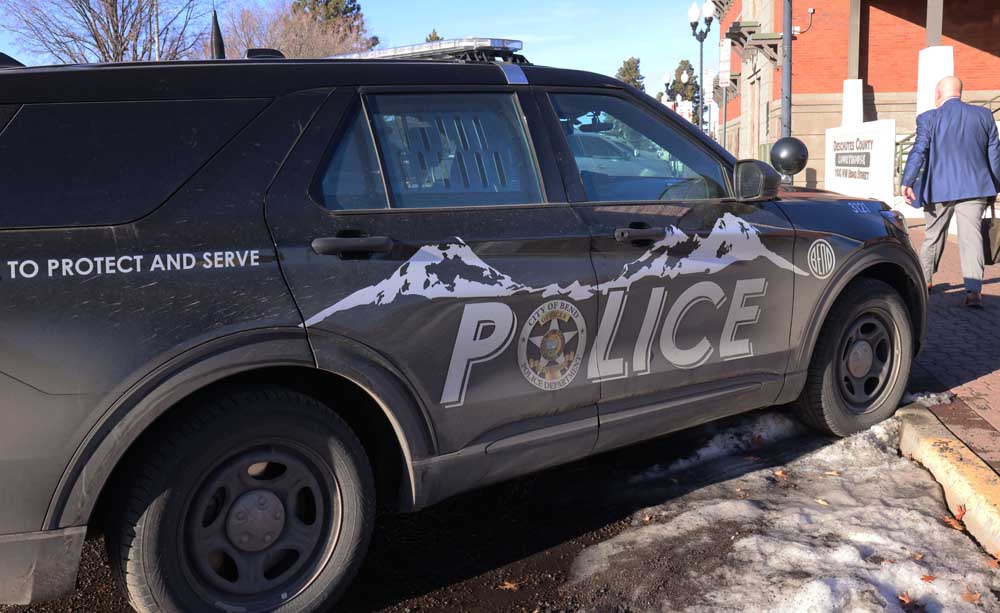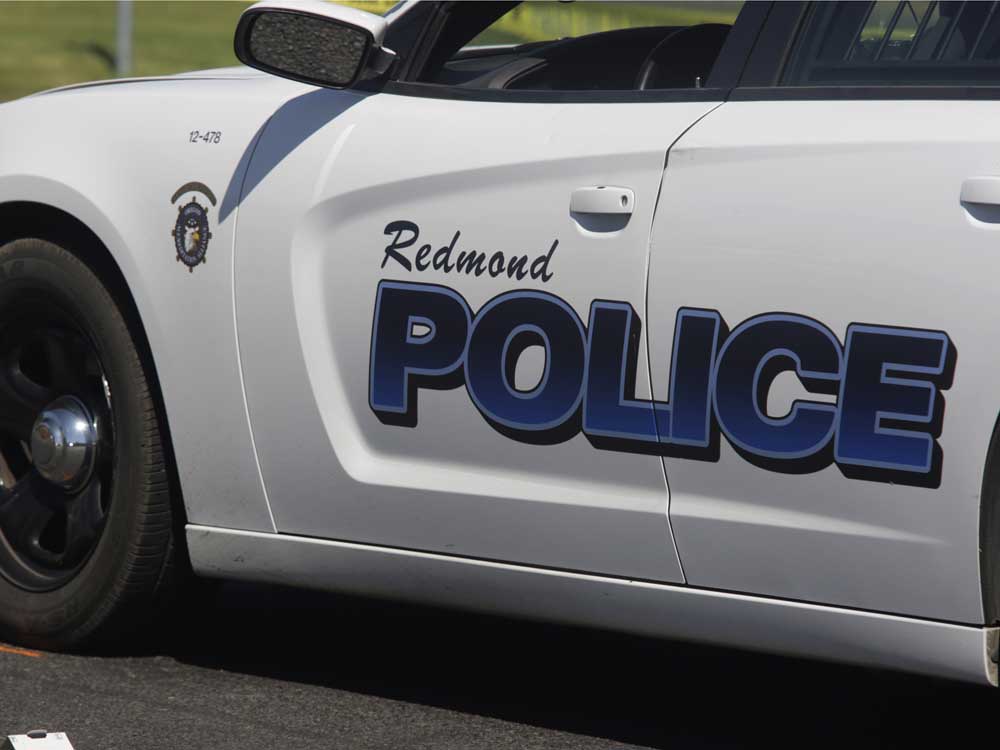Leash law soon may keep dogs tethered
Published 4:00 am Friday, February 9, 2001
Bend has gone to the dogs but law enforcement officials plan to take it back.
Many dog owners don’t follow the laws such as leash laws designed to create a community where people, livestock and canines can live in harmony. And, since officers don’t cruise the county patrolling for pooches that aren’t playing by the rules, dogs are usually impounded only when someone complains about them.
But this might change in the next year.
The enforcement of leash laws currently in effect at all times within city limits will be stepped up gradually over the next six to eight months, starting with a public education campaign, said Bend Police Chief Andy Jordan.
Dog owners are required to keep their dogs on leashes, as well as clean up the messes their dogs make, when their pets are not on their own property.
”It is becoming more of a contentious issue,” he said. ”We’re increasingly getting pressure from the public to enforce the leash law. It’s biggest in the parks and downtown people playing with dogs and letting dogs in the water. Technically, those are violations. We have not enforced those unless it generates complaints, but we’re looking at that.”
Stepping up enforcement will not require hiring more officers, Jordan said.
”We’ll be increasing warnings and ultimately citations at some point,” he said.
Barking draws the most complaints in both urban and rural areas, law enforcement officials said. But all types of complaints are increasing as the city grows.
In 1998, there were 2,392 dog problem calls. In 1999, 2,766, and in 2000, there were 3,319 calls. The increase is partly due to annexation, Jordan said.
Public agencies are looking for ways to tackle these problems. Someday, Jordan said, certain areas might be designated for dogs, and other parks might be dog-free. The Bend Metro Park and Recreation Department has already started an education campaign by providing plastic bags for dog poop in public places.
Alex McClaran of Bend is a dog owner who uses those bags.
McClaran cleans up after his two Lab-wiemereiner mix dogs, P.J. and Lilly, because he considers himself a responsible dog owner.
”I was a non-dog owner many more years than I’ve been a dog owner. Who wants to step on dog crap? It’s the responsible thing to do. It’s part of living in this area. … To keep this area beautiful,” he said.
McClaran’s dogs are licensed, which is required by law, for their own best interest, he said. Licensed dogs that escape or get lost have a better chance of being reunited with dog owners than unlicensed dogs because the two humane societies in Deschutes County are tied into the doggie data base.
However, McClaran doesn’t always leash his dogs, even though he’s aware of the law. While allowing dogs off leash is against the law in the city, the Deschutes County ordinance on animal control says animals are not considered at large which is grounds for impounding if they are under the complete control of a capable person.
”These guys are on voice command. I don’t use leashes often, but I have them with me. If the heat comes down on us, I’ll use them or leave (the park),” he said.
Central Oregon is scattered with parks, trails, woods and wide open spaces perfect places for dogs to play with room to run. McClaran and his wife, Toni, live in Bend for the quality of life, and life is enhanced if you have dogs, he said.
He’s not the only one who feels that way.
In Bend, 21,600 households own a dog, according to the Lifestyle Market Analyst 2000, an annual compilation of demographics from throughout the country. That is about 48 percent of the city’s households. The data also say that is 32 percent more than the national rate of dog ownership.
Laws require dogs to be licensed, but only 11,944 dogs were licensed in Deschutes County in fiscal year 1999-2000, and should be about the same for 2000-2001, said Marty Wynne, county finance director.
Mike Maier, county administrator, estimates that there are at least 40,000 dogs in the whole county.
Licensing costs $10 a year if the dog is spayed or neutered, or $24 if it’s not. The dog must have a current rabies vaccination to get licensed.
If Maier’s estimates are close, that means there are at least 28,056 unlicensed dogs in the county representing between $280,560 and $673,344 in lost revenue, depending on whether the animals were spayed or neutered.
For each license purchased, $4 goes to one of the two humane societies in the county, depending on where the dog lives. The humane societies are in need of capital improvements, Maier said. The rest of the money goes to the county and respective city in which the dog is licensed and is used for dog control-related costs.






